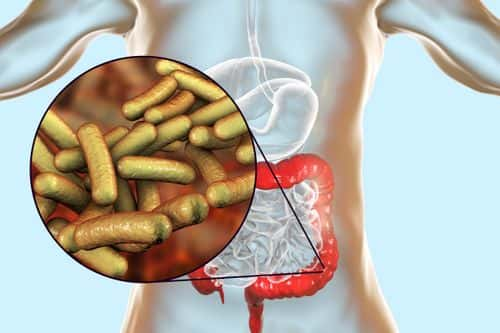CDC issues warning over shocking increase of drug-resistant Shigella bacteria, gay men more at risk

ATLANTA, GEORGIA: The Centers for Disease Control and Prevention (CDC) issued a health advisory on February 24 about an increased threat of an extensively drug-resistant bacteria called shigellosis. While typically shigellosis affects young children, the CDC says it has started to see the infection spreading in adult populations, especially those who are "gay, bisexual, other men who have sex with men, people experiencing homelessness, international travelers and people living with HIV."
There are about 450,000 shigellosis infections every year. The CDC reports that five percent of all infections in 2022 were extensively drug-resistant (XDR), compared with zero percent in 2015. The CDC Health Advisory stated, "Given these potentially serious public health concerns, CDC asks healthcare professionals to be vigilant about suspecting and reporting cases of XDR Shigella infection to their local or state health department and educating patients and communities at increased risk about prevention and transmission."
READ MORE
'Keep your clothes on': CDC issues BIZARRE guidelines on how to have SEX if you have monkeypox
What is Orthopoxvirus? NY masks up as CDC issues alert for virus genus responsible for monkeypox
What is Shigellosis?

Shigellosis is a bacterial infection that affects the intestines and causes inflammatory diarrhea. This infection can be spread by swallowing Shigella by "touching surfaces, such as toys, bathroom fixtures, changing tables, and diaper pails, contaminated with Shigella bacteria from someone with an infection," as per CDC. A person can also get infected if the individual is changing the diaper of a child with an infection or taking care of an infected person, including cleaning up after the person uses the toilet; eating food prepared by someone with an infection; and swallowing water an infected swims or play in, such as lake water or improperly treated swimming pool water. People with this infection can spread it to others for several weeks after their diarrhea ends, states CDC.
What are the symptoms?
The diarrhea can be "bloody and may also lead to fever, abdominal cramping, and tenesmus," as per a CDC Health Advisory. While CDC states symptoms usually start to be seen in a day or two and last up to seven days, in some cases, the frequency and consistency of stool do not return to normal for several months.
A report by the United Nations said roughly five million deaths worldwide were associated with antimicrobial resistance in 2019 and the annual toll is expected to increase to 10 million by 2050 if steps are not taken to stop the spread of antimicrobial resistance.
What is CDC saying?
Health officials stated in the alert on February 24 that "there are no CDC recommendations for treating XDR shigellosis in the United States." "Healthcare providers treating XDR shigellosis should consult with a specialist knowledgeable in treating antibiotic-resistant bacteria to determine the best treatment options," the CDC wrote in the advisory.










